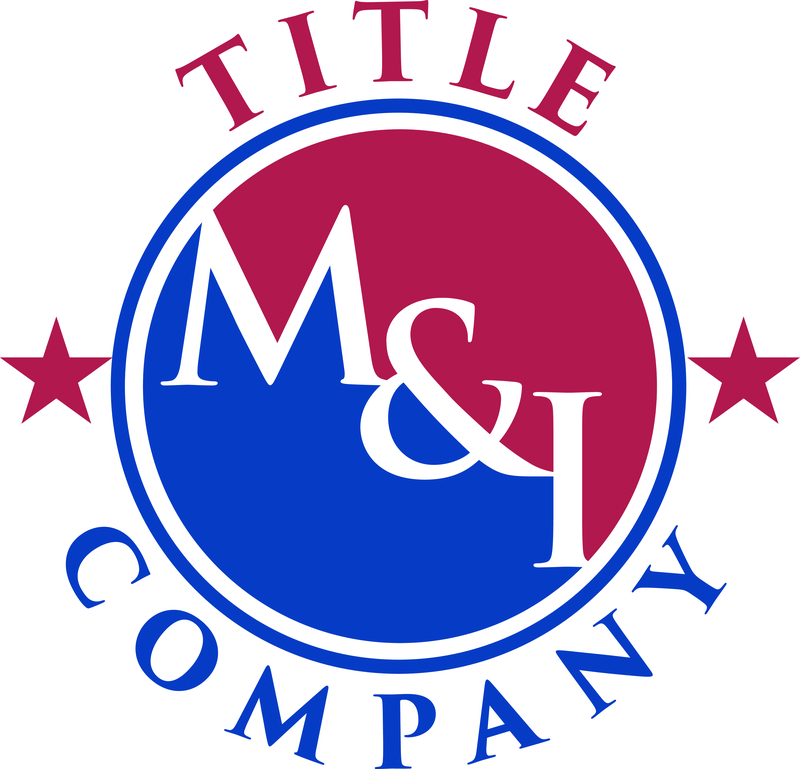Zillow, the behemoth real estate search site, revealed in it’s Form 10-Q filed with the Securities and Exchange Commission earlier this month for first quarter 2017, that the Consumer Finance Protection Bureau (CFPB) is investigating some practices by Zillow. According to the filing, what is under review is their co-marketing program in which the CFPB is alleging that Zillow violated parts of both RESPA as well as the Consumer Financial Protection Act. The complete Form 10-Q can be viewed here. On page 40 (outlined in red by me) is the section where Zillow makes this disclosure, and I have pasted that section of the report below as well (the emphasis and color have been done by me).
Excerpt from Zillow’s 10-Q –
“In April 2017, we received a Civil Investigative Demand from the Consumer Financial Protection Bureau (“CFPB”) requesting information related to our March 2017 response to the CFPB’s February 2017 Notice and Opportunity to Respond and Advise (“NORA”) letter. The NORA letter notified us that the CFPB’s Office of Enforcement is considering whether to recommend that the CFPB take legal action against us, alleging that we violated Section 8 of the Real Estate Settlement Procedures Act (“RESPA”) and Section 1036 of the Consumer Financial Protection Act. The purpose of a NORA letter is to provide a party being investigated an opportunity to present its position to the CFPB before an enforcement action may be recommended or commenced. This notice stems from an inquiry that commenced in 2015 when we received and responded to an initial Civil Investigative Demand from the CFPB containing a broad request for information. We believe our response to the NORA letter addresses the CFPB’s concerns related to our co-marketing program under which a lender pays us to appear in advertising alongside a real estate agent. We are continuing to cooperate with the CFPB in connection with their most recent request for information. We continue to believe that our acts and practices are lawful and that our co-marketing program allows lenders and agents to comply with RESPA. Should the CFPB commence an action against us, it may seek restitution, civil monetary penalties, injunctive relief or other corrective action. We cannot provide assurance that the CFPB will not ultimately commence a legal action against us in this matter, nor are we able to predict the likely outcome of the investigation into this matter. We have not recorded an accrual related to this matter as of March 31, 2017 or December 31, 2016, as we do not believe a loss is probable. There is a reasonable possibility that a loss may be incurred; however, the possible loss or range of loss is not estimable.”
Search St Louis Homes For Sale HERE
See ALL Homes That Will Be Open In St Louis This Weekend
Find The Value Of Your Home In Under A Minute!
Before I go further, I should point out that I have nothing against Zillow and the point of my article isn’t to bash them in any way. In fact, I would remind my readers that what has been disclosed by them is simply an investigation and alleged violation, when the CFPB concludes their investigation they may, or may not, find there were any violations. My reason for bringing this up is I’m passionate about the real estate industry and love educating and informing consumers (and real estate agents for that matter) about things I think are important for them to know. I believe the more informed a consumer is with information about the home buying and selling process, the better equipped they are to make wise decisions.
I don’t think most consumers understand much about the co-marketing that goes on, primarily between real estate agents and lenders and how that may affect them. I also believe there are real estate agents that are participating in some co-marketing plans with lenders, with very good intentions, but don’t realize that they may possibly be violating RESPA or the Consumer Financial Protection Act.
Why Co-Marketing Agreements Between Lenders and Real Estate Agents Could be Bad For Consumers…
It has become common today for lenders to enter into various co-marketing agreements with agents whereby the lender may pay for part, or in some cases all, of the cost of advertising or marketing done for the benefit of themselves as well as a real estate agent they have a relationship with. Also common is for lenders to “buy leads” for agents from Zillow as well as other sources. Where this issue comes in with these arrangements, is that the federal Real Estate Settlement Procedures Act (RESPA) prohibits anyone, including real estate agents and brokers, from making or accepting payments, kickbacks or any items of value for mortgage referrals. Obviously, this is subject to interpretation and how the rules are applied, but, of late, the CFPB has been focusing on these type of co-marketing relationships and have levied some fairly significant fines and penalties against real estate brokers, agents and lenders as a result. Here are a few of the CFPB’s actions:
- The Consumer Financial Protection Bureau (CFPB) took action against Prospect Mortgage, LLC, a major mortgage lender, for paying illegal kickbacks for mortgage business referrals. The CFPB also took action against two real estate brokers and a mortgage servicer that took illegal kickbacks from Prospect. Under the terms of the action announced today, Prospect will pay a $3.5 million civil penalty for its illegal conduct, and the mortgage brokers and servicer will pay a combined $495,000 in consumer relief, repayment of ill-gotten gains, and penalties.
- The Consumer Financial Protection Bureau (CFPB) took action against Planet Home Lending, LLC, a mortgage servicer, for accepting payments for mortgage business referrals and improper use of credit reports for marketing purposes.
- The Consumer Financial Protection Bureau (CFPB) took action against Keller Williams Mid-Willamette, a real estate broker in Oregon, for accepting illegal kickbacks for mortgage business referrals.
- The Consumer Financial Protection Bureau (CFPB) took action against Re/Max Gold Coast Realtors, a real estate broker in California, for accepting illegal kickbacks for mortgage business referrals.
- CFPB ordered a Missouri mortgage lender, Fidelity Mortgage Corporation, and its former owner and current president, Mark Figert, to pay $81,076 for funneling illegal kickbacks to a bank in exchange for real estate referrals.
- The Bureau ordered a Texas homebuilder, Paul Taylor, to surrender more than $100,000 he received in kickbacks for referring Mortgages business to Benchmark Bank and to Willow Bend Mortgage Company. The Bureau is also prohibiting Taylor from engaging in future real estate settlement services, including Mortgages.


